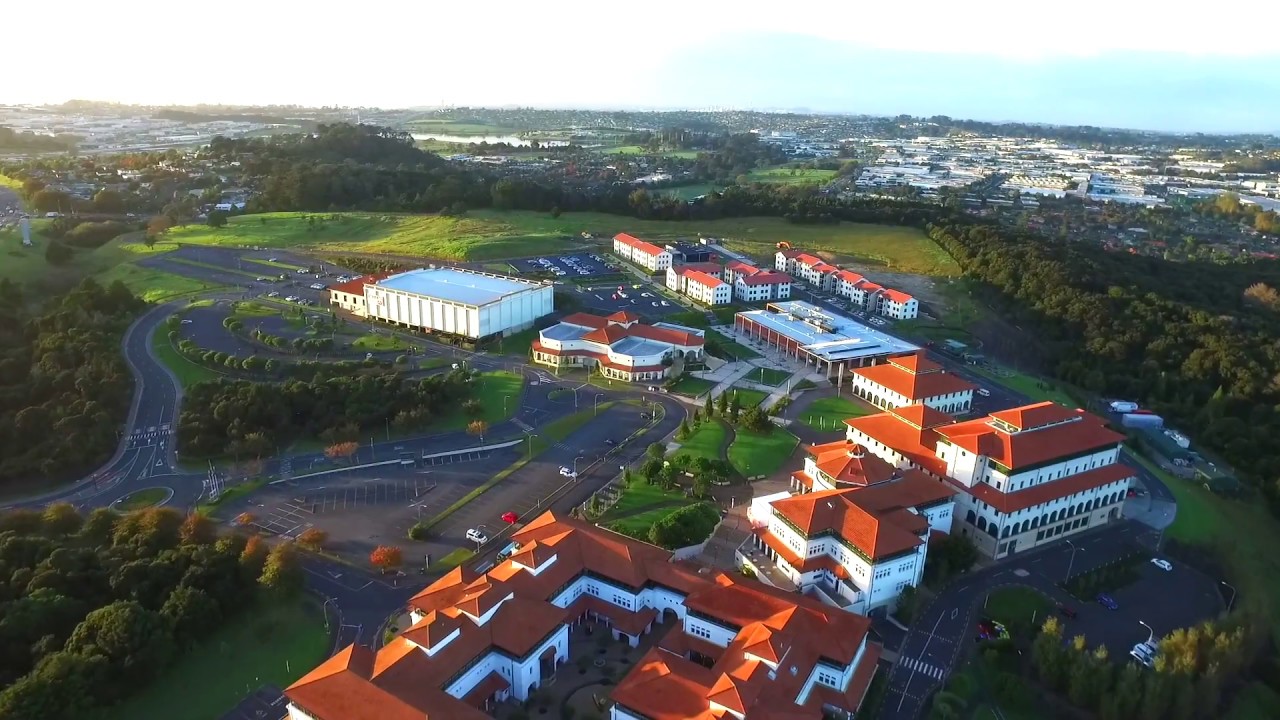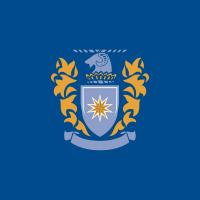Master of Science (Earth Science)
The Master of Science (Earth Science) at Massey University will develop your skills in a field and laboratory environment that is focused on solutions to Earth science-based issues facing society.
Examine the environmental impact
Massey’s expertise in environmental geochemistry includes remediation of contaminated sites, phytomining, mine sites and land reclamation.
You can learn from – and build on – our expertise in the societal impacts of earth events, such as volcanic activity. These include social, economic, infrastructure and the impact on local communities including iwi.
Explore the world around you
You’ll gain transferable skills that will be useful in many different careers. These include observation skills, advanced ability in data collection, analysis and interpretation, problem-solving and lateral thinking skills, self-motivation and resilience, teamwork as well as developing high-level written and verbal communication skills.
Let our expertise become yours
Massey University Earth science staff are actively researching and are members of internationally-relevant related groups. Many also have extensive industry experience, through either employment or consultancy. They bring this expertise to your teaching.
In-depth research
This master’s includes an in-depth research project, where you will be able to explore an aspect of Earth science that interests you.
Specialised equipment
We have a range of specialised equipment which is available to you for your research and study.
- A microprobe for spatial geochemical analysis of geological materials. Able to focus down to two microns, it allows measurement of changes in composition across crystals (which record pre-eruption processes in magmas).
- Laser particle size analyser for measuring grain-size distributions of materials such as tephra.
- FTIR (Fourier Transform Infra-red) microscope. This measures water and CO2 contents in volcanic materials (related to eruption dynamics), but has also been used for analysing compositional differences in horse bones and carbon nanoparticles.
- Pyroclastic Flow simulator.
- Hyperspectral analyser for remote sensing soil, rock and plant materials (an example of use includes detecting mineralised ground by remote sensing).
- FLYSPEC analyser for measuring SO2 in volcanic eruption plumes.
- XRD analyser for determining mineralogical compositions of a wide range of materials, especially clay minerals.
- TGA/DSC (Thermogravimetric Analyser/Differential Scanning Calorimeter) for uses such as thermal behaviour in volcanic glasses to characterise biochar.
- OEM (Optical Emission Analyser) for geochemical analysis with particular application to environmental geochemistry.
Campus Information
Manawatu campus
The Manawatu campus is Massey's original campus. With lovely heritage buildings and park-like grounds located near Palmerston North city, it is one of the best places in the country to experience the real student lifestyle. With a huge portion of the population under 25 it is the perfect place for learning and living. The large campus is beautiful year-round with 11,500 different varieties of plants and trees in the form of manicured gardens, green fields, woodlands and bush.
Intakes
- Feb
Application Processing Time in Days: 30
Minimum English Language Requirements
| English Level Description | IELTS (1.0 -9.0) | TOEFL IBT (0-120) | TOEFL CBT (0-300) | PTE (10-90) | |
|---|---|---|---|---|---|
| Expert | 9 | 120 | 297-300 | 86-90 | |
| Very Good | 8.5 | 115-119 | 280-293 | 83-86 | |
| Very Good | 8 | 110-114 | 270-280 | 79-83 | |
| Good | 7.5 | 102-109 | 253-267 | 73-79 | |
| Good | 7 | 94-101 | 240-253 | 65-73 | |
| Competent | 6.5 | 79-93 | 213-233 | 58-65 | |
| Competent | 6 | 60-78 | 170-210 | 50-58 | |
| Modest | 5.5 | 46-59 | 133-210 | 43-50 | |
| Modest | 5 | 35-45 | 107-133 | 36-43 | |
| Limited | 4 | 32-34 | 97-103 | 30-36 | |
| Extremely Limited | < 4 | < 31 | < 93 | < 30 |
Job Opportunity Potential
Sought-after by employers
International trends are for employers to reward postgraduate study well, especially in larger enterprises. The skills you learn are increasingly recognised as setting you apart from other potential employees.
Internationally transferable skills
The unique combination of topics within the Massey Master of Science (Earth Science) will equip you with nationally and internationally transferable skills applicable to a wide range of challenges relevant to Earth science.
Jobs related to this degree include hydrocarbon and mineral exploration, environmental assessment and remediation, soil and land use assessment, volcanic hazards and applications utilising remote sensing and GIS skills.
Typical employers include:
- the energy sector (oil and gas)
- the mining industry
- environmental and engineering consultancies
- local authorities.
Alternatively, the MSc in Earth Science is an excellent preparation for proceeding to either a higher degree (PhD) or specialist degrees in related fields (e.g. geophysics and engineering geology).
Earn more
A 2017 Ministry of Education publication, The post-study earnings and destinations of young domestic graduates, found that in New Zealand:
- young master’s graduates earn more than one and a half times more than the national median (five years after study)
- earnings and employment rates increase with the level of qualification completed
- five years after completion, the median earnings of young master’s graduates are 15% higher than for those with a bachelor’s degree.
PSW Opportunity
- During study, all students on a student visa can work up to 20 hours per week during semester and full time during vacations.
- After completing Level 7 Bachelor’s Degree or Higher Qualification, a student will get a three years open post-study work visa.
- After completing Level 8 Post Graduate courses of 1 year, students get 1 year PSW.
Admission Requirement / Eligibility Criteria
Postgraduate academic entrance requirements
Masters, postgraduate diplomas and postgraduate certificates An appropriate undergraduate degree from a recognised tertiary institution is required
- IELTS- 6.5 (no band less than 6.0)
- TOEFL iBT- 90 overall (min 20 in Writing)
- PTE Academic- 58 Overall (min 50 in communicative skills)
- Course Type: Full Time
- Course Level: Masters/PG Degree
- Duration: 02 Year
-
Total Tuition Fee:
74420 NZD
Annual Cost of Living: 20000 NZD
Application Fee: N/A
Similar Programs
- Master of Management (Sustainability) at Massey University
- Master of Information Sciences (Computer Science) at Massey University
- Master of Veterinary Medicine at Massey University
- Master of Veterinary Medicine (Production Animal) at Massey University
- Master of Veterinary Medicine (Companion Animal Surgery) at Massey University
- Master of Veterinary Medicine (Companion Animal) at Massey University

